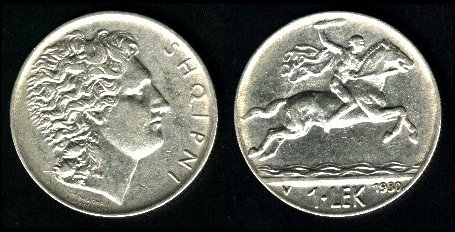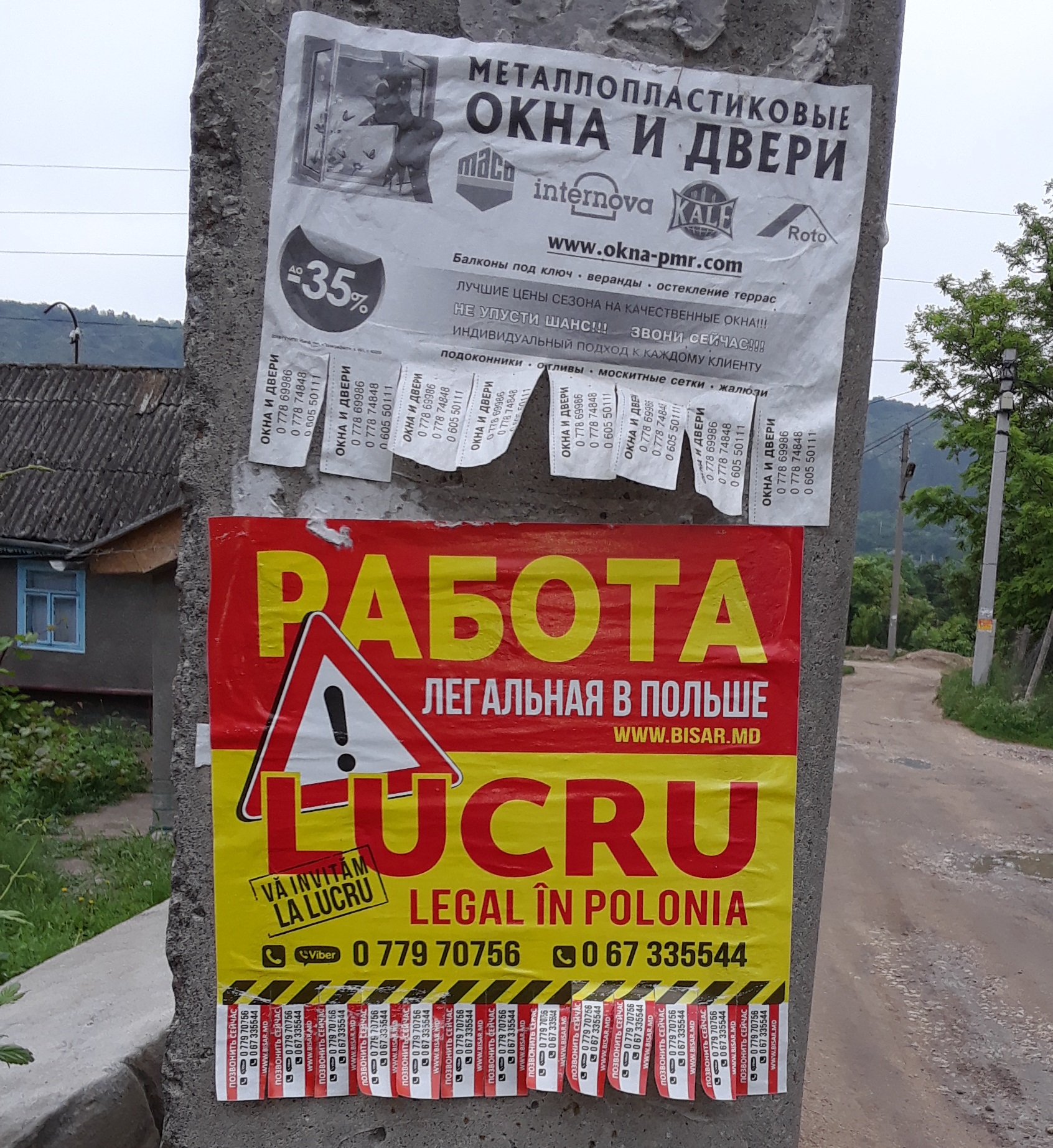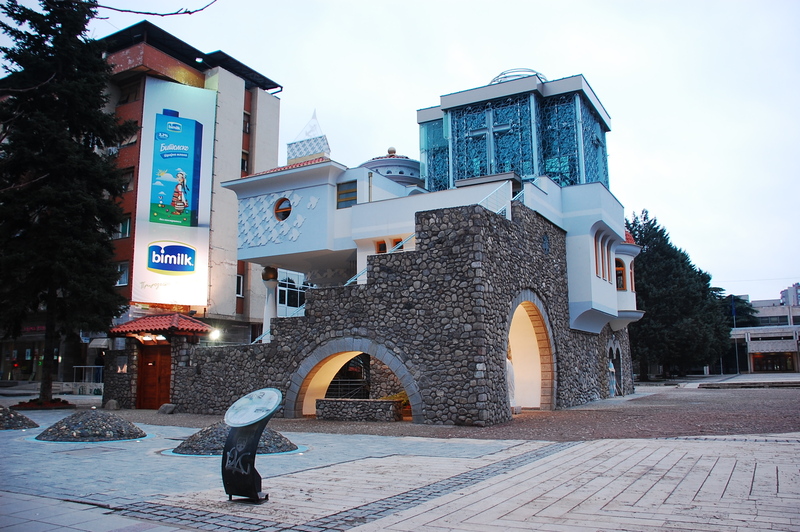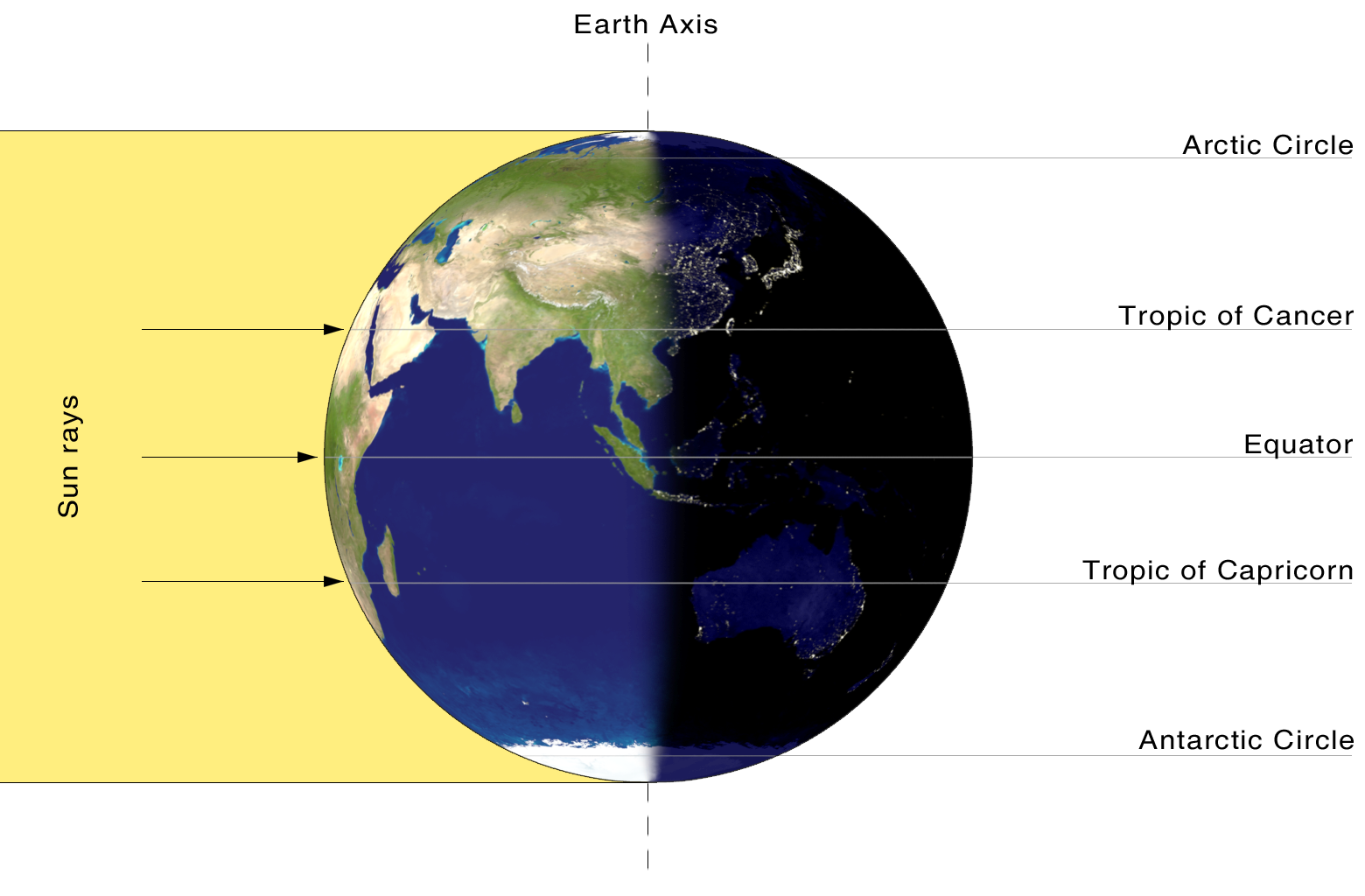|
Krastë, Dibër
Krastë ( sq-definite, Krasta) is a small town in Dibër County, east Albania. With a population of 2142, it is the center and only town of the municipal unit of Martanesh. At the 2015 local government reform it became part of the municipality Bulqizë. Situated on a plateau, at altitude, it is Albania's highest town.Military topographic map of Albania (1:25 000): K-34-89-C-b (BULQIZA) Krastë was founded as a new mining town in 1970, mostly for the exploitation of chromium ore from the Batra mine. Geography and location One of the smallest urban settlements of Albania, Krastë is the center of the former commune of Martanesh, in Dibër County, Dibër county. It lies on a plateau, on the western slope of Kalti mountain , part of Mali i Lopës. It has an altitude of , making it the highest town in Albania. Krastë is situated in a relatively isolated mountainous region and is 20 km far from its nearest city, Bulqizë. Krastë is almost by road from the capital Tirana, despit ... [...More Info...] [...Related Items...] OR: [Wikipedia] [Google] [Baidu] |
Bulqizë
Bulqizë (; sq-definite, Bulqiza) is a Municipalities of Albania, municipality in Dibër County, northeastern Albania. The municipality consists of the administrative units of Fushë-Bulqizë, Gjoricë, Martanesh, Ostren, Shupenzë, Trebisht, Zerqan with Bulqizë constituting its seat. As of the Institute of Statistics (Albania), Institute of Statistics estimate from the 2011 census, there were 8,177 people residing in Bulqizë and 32,210 in Bulqizë Municipality. Demographic history Bulqizë is recorded in the Ottoman Empire, Ottoman ''defter'' of 1467 as a ''Hass (Ottoman), hass-ı mir-liva'' and ''Dervendjis, derbendci'' settlement in the vilayet of ''Gollobordë, Dulgoberda''. Although the register's complete survey on the village is missing, the following household heads are attested: ''Dimitri Bogdani'', ''Kolë Sharqini'', ''Gjin Kimeza'', ''Gjin Kolandi'', ''Nikolla Budi'', ''Martin Bardi'', ''Progon Buljani'', ''Maqe Kimëza'', ''Istvan Nenada'', ''Progon Bogdani'', '' ... [...More Info...] [...Related Items...] OR: [Wikipedia] [Google] [Baidu] |
Bektashi Order
The Bektashi Order; sq, Tarikati Bektashi; tr, Bektaşi or Bektashism is an Islamic Sufi mystic movement originating in the 13th-century. It is named after the Anatolian saint Haji Bektash Wali (d. 1271). The community is currently led by Baba Mondi, the eighth Bektashi Dedebaba and headquartered in Tirana, Albania. Bektashism began as a Shia Islamic Sufi order in Anatolia, during the Ottoman Empire. In 1876, a Salih Nijazi was appointed as the "''baba''" or leader by prominent Bektashi members. After the foundation of the Turkish Republic, Kemal Atatürk banned religious institutions that weren't part of the Directorate of Religious Affairs. After this, the community's headquarters relocated to Albania. The order became involved in Albanian politics, and some of its members, including Ismail Qemali, were major leaders of the Albanian National Awakening. Bektashis believe in the Twelve Imams, Fourteen Innocents and the modern-day Dedebabas. In addition to the spiritua ... [...More Info...] [...Related Items...] OR: [Wikipedia] [Google] [Baidu] |
Albanian Lek
The lek (; indefinite singular ''lek'', definite plural ''lekët'', indefinite plural ''lekë''; sign: Lekë in Albanian or Lek in English, sometimes L; code: ALL) is the currency of Albania. Historically, it was subdivided 100 ''qintars'' (; singular ''qindarkë''). History The lek was introduced as the first Albanian currency in February 1926. Before then, Albania was a country without a currency, adhering to a gold standard for the fixation of commercial values. Before the First World War the Ottoman Turkish piastre was in full circulation, but following the military occupation of the country by various continental powers the gold franc (Franc Germinal) was adopted as the monetary unit. In 1923 Italian paper circulated at Shkodër, Durrës, Vlorë, and Gjirokastër, and the Greek drachma at Korçë, the values of which varied according to locality and the prevailing rates of exchange as compared with gold. Etymology The lek was named after Alexander the Great, whose name ... [...More Info...] [...Related Items...] OR: [Wikipedia] [Google] [Baidu] |
Remittances
A remittance is a non-commercial transfer of money by a foreign worker, a member of a diaspora community, or a citizen with familial ties abroad, for household income in their home country or homeland. Money sent home by migrants competes with international aid as one of the largest financial inflows to developing countries. Workers' remittances are a significant part of international capital flows, especially with regard to labor-exporting countries. According to the World Bank, in 2018 overall global remittance grew 10% to US$689 billion, including US$528 billion to developing countries. Overall global remittance is expected to grow 3.7% to US$715 billion in 2019, including US$549 billion to developing nations. [...More Info...] [...Related Items...] OR: [Wikipedia] [Google] [Baidu] |
Rilindja Demokratike
''Rilindja Demokratike'' ( en, Democratic Rebirth and short RD) is an Albanian newspaper founded and continuously published in Tirana. Rilindja Demokratike is the official newspaper of the Democratic Party of Albania. Its chief editor is Bledi Kasmi. Its first publication was on 5 January 1991 and was the first free newspaper since the Fall of communism in Albania, while it functioned against the state newspaper Zëri i Popullit what was the newspaper of the Communist Party and nowadays of the Socialist Party. RD was also the first media in Albania that openly criticized the regime of Enver Hoxha RD still holds the record of most published newspaper in Albania, with a circulation of 125.000 copies in 1991. Together with Gazeta 55 it is the only right winged news paper, but RD is considered the main opposition newspaper. History Huge political reforms took place in Albania, and the Communist regime in power was forced to allow small opposition groups in its political system. ... [...More Info...] [...Related Items...] OR: [Wikipedia] [Google] [Baidu] |
Balım Sultan
Balım Sultan (d. circa 1517/1519) was a Bektashi sufi who established and codified the Bektashi Order at the beginning of the 16th century. The mystical practices and rituals of the Bektashi were systematized and structured by Balım, after which many of the order's distinct practices and beliefs took shape. He is considered the primary personality in the Bektashi Order after Hacı Bektaş-ı Veli ''( Haji Bektash)'' and is regarded as the “Second Pir” (''pīr-e ṯānī'' or second elder). Overview Balım Sultan was born in 1457 in the town of Dimetoka in Rumelia to a Shia Muslim mother. The genealogy of Balïm is a contested matter, but most versions seek to link him to the miraculously begotten sons of Ḥājī Bektāš, Ḥabīb and Ḵeżr Lāla, as a reinforcement of his spiritual descent from the founding elder of the order. It is also widely suggested that his father was Mursel Baba and his mother was an Iranian/Persian princess. He was a follower of a Bektashi conv ... [...More Info...] [...Related Items...] OR: [Wikipedia] [Google] [Baidu] |
Mother Teresa
Mary Teresa Bojaxhiu, MC (; 26 August 1910 – 5 September 1997), better known as Mother Teresa ( sq, Nënë Tereza), was an Indian-Albanian Catholic nun who, in 1950, founded the Missionaries of Charity. Anjezë Gonxhe Bojaxhiu () was born in Skopjeat the time, part of the Ottoman Empire. After eighteen years, she moved to Ireland and then to India, where she lived most of her life. Saint Teresa of Calcutta; was canonised on 4 September 2016. The anniversary of her death is her feast day. After Mother Teresa founded her religious congregation, it grew to have over 4,500 nuns and was active in 133 countries . The congregation manages homes for people who are dying of HIV/AIDS, leprosy, and tuberculosis. The congregation also runs soup kitchens, dispensaries, mobile clinics, children's and family counselling programmes, as well as orphanages and schools. Members take vows of chastity, poverty, and obedience and also profess a fourth vow: to give "wholehearted free ser ... [...More Info...] [...Related Items...] OR: [Wikipedia] [Google] [Baidu] |
Nowruz
Nowruz ( fa, نوروز, ; ), zh, 诺鲁孜节, ug, نەۋروز, ka, ნოვრუზ, ku, Newroz, he, נורוז, kk, Наурыз, ky, Нооруз, mn, Наурыз, ur, نوروز, tg, Наврӯз, tr, Nevruz, tk, Nowruz, uz, Navro'z is the Persian-language term for the day of the Iranian New Year, also known as the Persian New Year. It begins on the spring equinox and marks the beginning of Farvardin, the first month of the Solar Hijri calendar (an Iranian calendar used officially in Iran and Afghanistan). The day is celebrated worldwide by various ethnolinguistic groups and falls on or around the date of 21 March on the Gregorian calendar. The day of Nowruz has its origins in the Iranian religion of Zoroastrianism and is thus rooted in the traditions of the Iranian peoples; however, it has been celebrated by diverse communities for over 3,000 years in Western Asia, Central Asia, the Caucasus, the Black Sea Basin, the Balkans, and South Asia. Presently, ... [...More Info...] [...Related Items...] OR: [Wikipedia] [Google] [Baidu] |
Khanqah
A khanqah ( fa, خانقاه) or khangah ( fa, خانگاه; also transliterated as ''khankah'', ''khaneqa'', ''khanegah'' or ''khaneqah''; also Arabized ''hanegah'', ''hanikah'', ''hanekah'', ''khankan''), also known as a ribat (), is a building designed specifically for gatherings of a Sufi brotherhood or ''tariqa'' and is a place for spiritual practice and religious education. The khanqah is typically a large structure with a central hall and smaller rooms on either side. Traditionally, the kahnqah was state-sponsored housing for Sufis. Their primary function is to provide them with a space to practice social lives of asceticism. Buildings intended for public services, such as hospitals, kitchens, and lodging, are often attached to them. Khanqahs were funded by Ayyubid sultans in Syria, Zangid sultans in Egypt, and Delhi sultans in India in return for Sufi support of their regimes. Etymology The word khanqah is likely either Turkish or Persian in origin. In the Arab world, ... [...More Info...] [...Related Items...] OR: [Wikipedia] [Google] [Baidu] |
Turkey
Turkey ( tr, Türkiye ), officially the Republic of Türkiye ( tr, Türkiye Cumhuriyeti, links=no ), is a list of transcontinental countries, transcontinental country located mainly on the Anatolia, Anatolian Peninsula in Western Asia, with a East Thrace, small portion on the Balkans, Balkan Peninsula in Southeast Europe. It shares borders with the Black Sea to the north; Georgia (country), Georgia to the northeast; Armenia, Azerbaijan, and Iran to the east; Iraq to the southeast; Syria and the Mediterranean Sea to the south; the Aegean Sea to the west; and Greece and Bulgaria to the northwest. Cyprus is located off the south coast. Turkish people, Turks form the vast majority of the nation's population and Kurds are the largest minority. Ankara is Turkey's capital, while Istanbul is its list of largest cities and towns in Turkey, largest city and financial centre. One of the world's earliest permanently Settler, settled regions, present-day Turkey was home to important Neol ... [...More Info...] [...Related Items...] OR: [Wikipedia] [Google] [Baidu] |
Mat District
Mat District () was one of the 36 districts of Albania, which were dissolved in July 2000 and replaced by 12 newly created counties. It had a population of 61,906 in 2001, and an area of . It was named after the river Mat, which flows through the district. Its capital was the town of Burrel. Its territory is now part of Dibër County: the municipalities of Mat and Klos. Administrative divisions The district consisted of the following municipalities: * Baz *Burrel * Derjan * Gurrë *Klos * Komsi * Lis *Macukull * Rukaj * Suç * Ulëz *Xibër History In ancient times here lived a illyrian tribe named Pirustae. They were famous for their bravery and they proved this in their wars against the Roman Empire together with the Kingdom of Dardania. Mat is believed to be one of the oldest Albanian settlements, probably as old as the 2nd-5th century AD, and historical linguistic studies together with archeological evidence proves that. Some of the oldest settlements in the rive ... [...More Info...] [...Related Items...] OR: [Wikipedia] [Google] [Baidu] |
Dibër District
Dibër District ( sq, Rrethi i Dibrës) was one of the 36 districts of Albania, which were dissolved in July 2000 and replaced by 12 counties. It had a population of 86,144 in 2001, and an area of . It is in the northeast of the country, and its capital was Peshkopi. The area of the former district is with the present municipality of Dibër, which is part of Dibër County. Administrative divisions The district consisted of the following municipalities: * Arras * Fushë-Çidhën *Kala e Dodës * Kastriot * Lurë * Luzni * Maqellarë *Melan * Muhurr *Peshkopi * Qendër Tomin * Selishtë * Sllovë * Zall-Dardhë * Zall-Reç Notable people *Skanderbeg * Gjon Kastrioti *Fiqri Dine Colonel Fiqri Dine (5 May 1897 or 3 August 1897 – 26 November 1960) was Prime Minister of Albania under Nazi Germany government under Nazi Germany. He was the chieftain of the Dine clan from Debar.Albania's national liberation struggle: the bit ... References {{DEFAULTSORT:Diber District Di ... [...More Info...] [...Related Items...] OR: [Wikipedia] [Google] [Baidu] |





